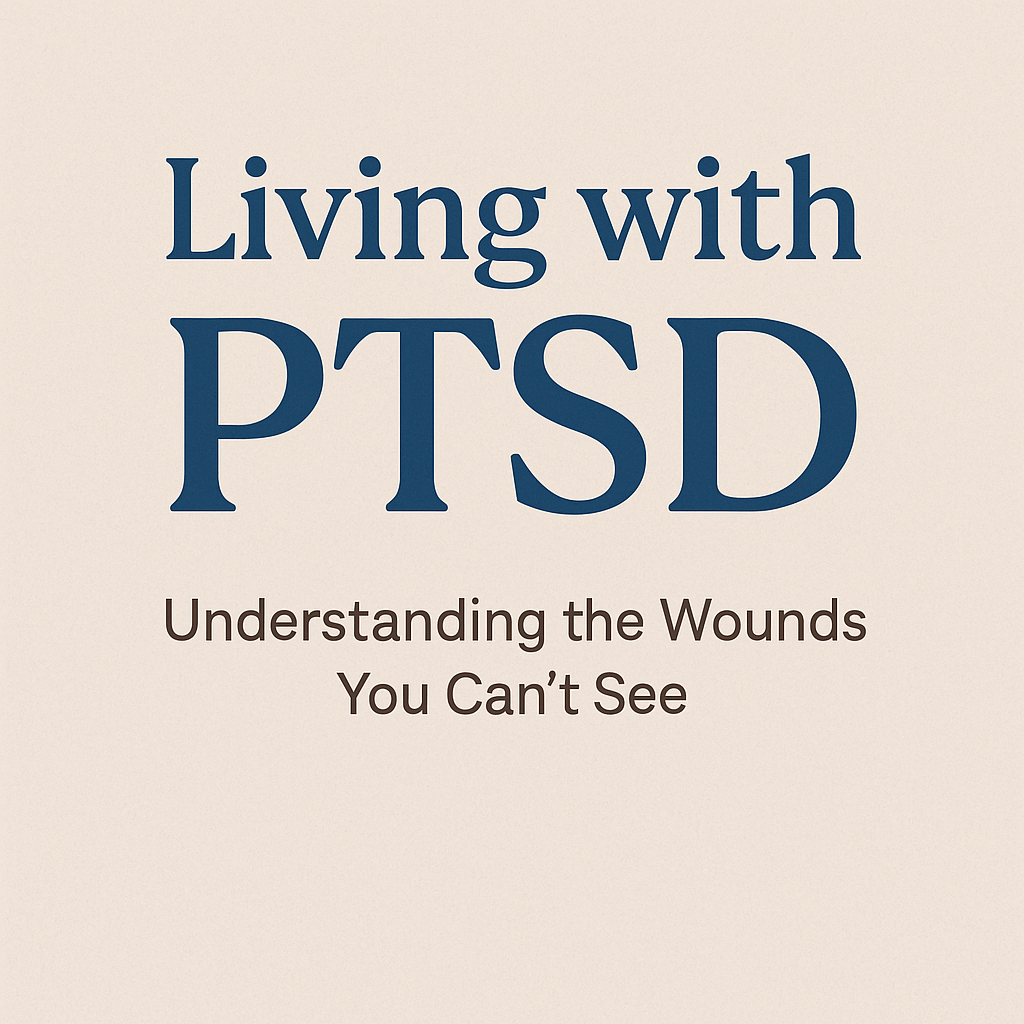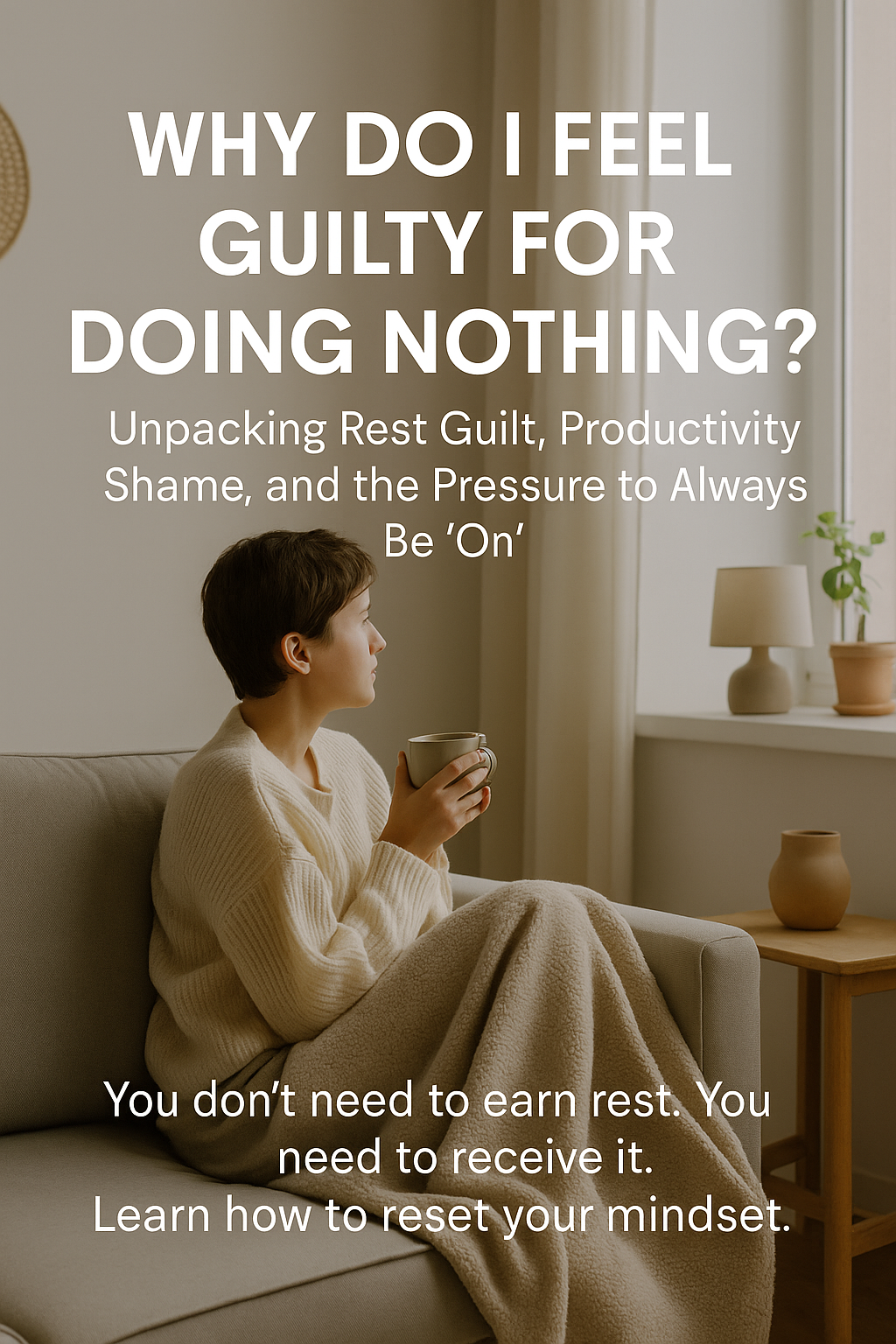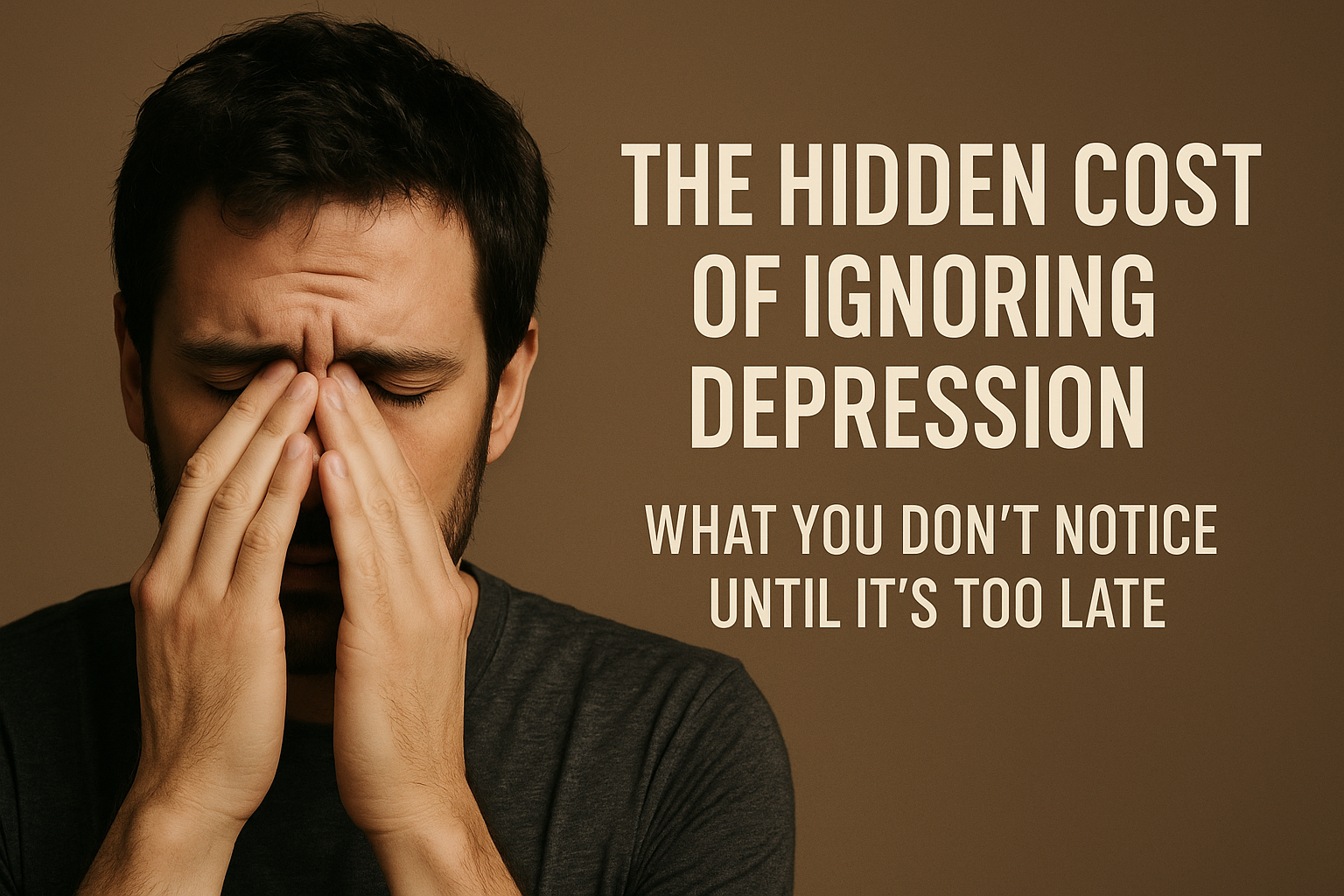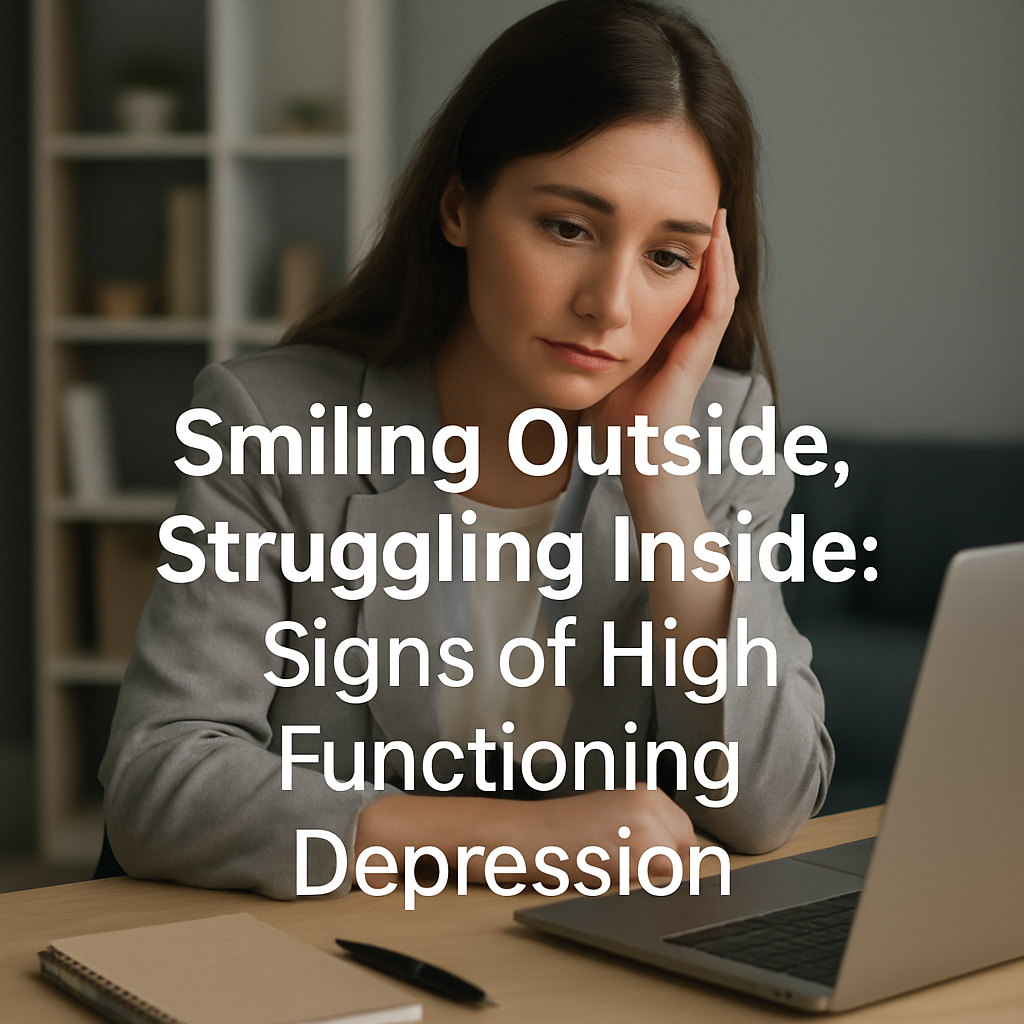When someone starts hearing voices in their head (auditory hallucinations) or seeing shadows or things that aren’t there (visual hallucinations), it can be a sign of a serious mental health issue. These symptoms can be distressing, confusing, and isolating — for the person experiencing them and their loved ones.
What it Could Mean:
-
Psychosis:
Hearing voices or seeing things that aren’t real are classic signs of psychosis. Psychosis isn’t a diagnosis itself — it’s a symptom that can happen in various mental illnesses. -
Possible Causes:
-
Schizophrenia or schizoaffective disorder
-
Bipolar disorder (especially during manic or depressive episodes)
-
Severe depression with psychotic features
-
Substance use or withdrawal (alcohol, cannabis, stimulants, hallucinogens)
-
Medical conditions (e.g. epilepsy, brain injury, sleep deprivation)
-
Extreme stress or trauma
-
-
Not Always Illness:
Some people hear voices or see things but lead functional lives without distress — this can be part of their neurodiversity, spirituality, or trauma response.
Signs It’s Time to Seek Help:
-
The voices or visions are frightening, threatening, or telling the person to hurt themselves or others.
-
It’s affecting their sleep, work, relationships, or ability to function.
-
They’re feeling paranoid, confused, withdrawn, or detached from reality.
-
You or they are just worried about what’s happening.
What to Do & Where to Get Help (UK-Based Options):
-
Talk to a GP:
The GP can refer them to mental health services or a psychiatrist for assessment. -
Crisis Support:
-
Call 999 if someone is in danger or can’t keep themselves safe.
-
NHS 111 for non-emergency mental health support.
-
Samaritans (116 123) – 24/7 listening support.
-
Local Crisis Teams – through NHS or mental health trusts.
-
-
Mental Health Charities:
-
Mind UK: Resources and support guides.
-
Rethink Mental Illness: Practical support and advocacy.
-
Hearing Voices Network: Community support for people who hear voices.
-
-
Digital Tools:
-
Mental health apps like Wysa, MyPossibleSelf, or Calm Harm can help with early support but shouldn’t replace professional care.
-
How You Can Help (as a friend, family member, or nurse):
-
Stay calm, non-judgmental, and supportive.
-
Don’t argue with what they’re experiencing — validate their emotions.
-
Gently encourage seeking help, offer to go with them if needed.
-
Help them stay connected to reality (routine, grounding exercises, safe environment).






